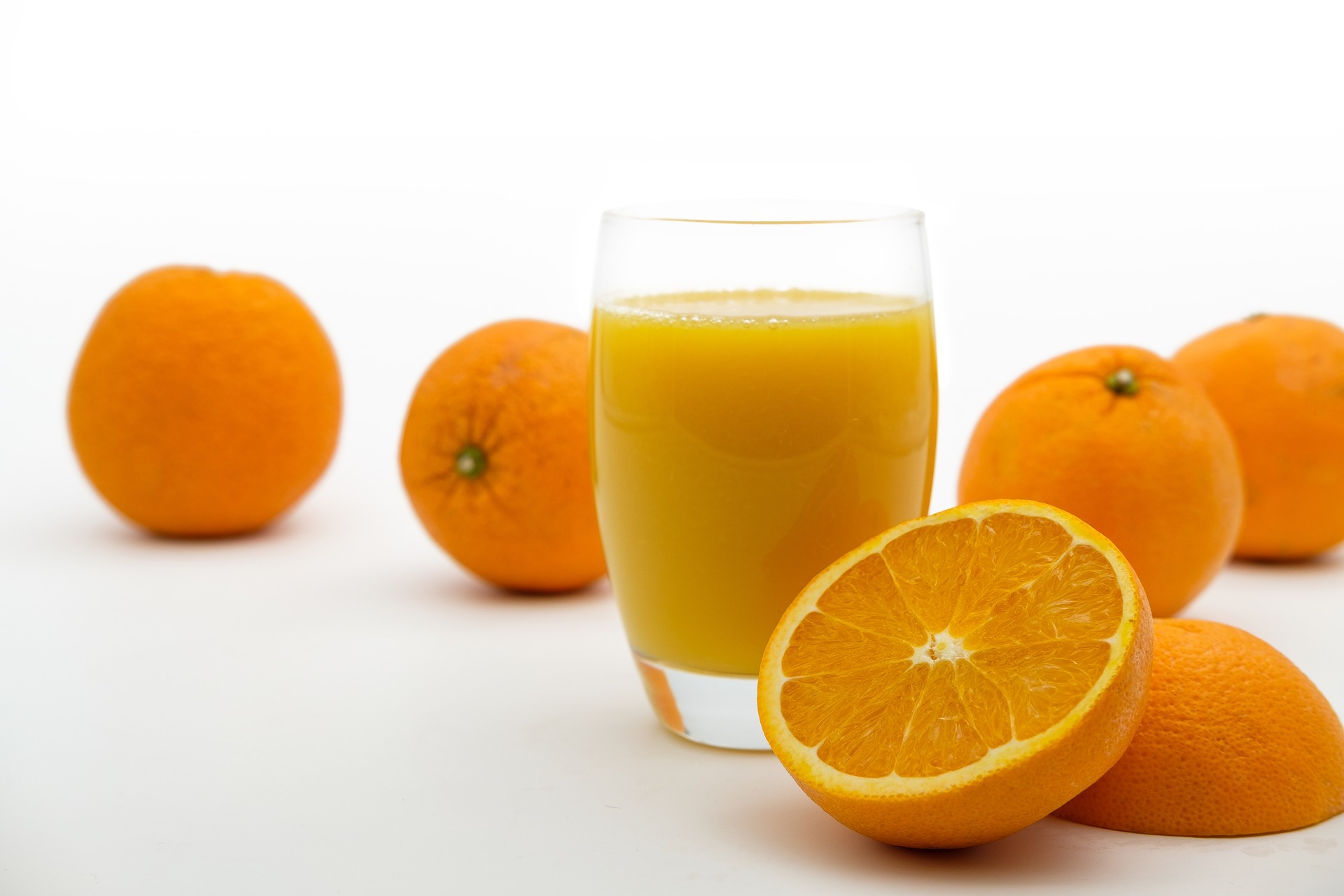Industrial baked goods or sweets are products that are easily identifiable as being harmful to health due to their high sugar or fat content, but other foods such as sugary drinks, including fruit juices, continue to be perceived as being beneficial to the health of children, although they might not be. A study by the Miguel Hernández University (UMH) of Elche concludes that the daily consumption of sugary drinks is related to obesity.
The Nutrition Epidemiology Group (EPINUT) of the UMH has analysed the consumption of sugary drinks, including packaged juices, and its relationship with obesity in 1,823 children aged between 4 and 5 in four geographical areas of Spain: Asturias, Gipuzkoa, Sabadell and Valencia. This study indicates that 3 out of every 4 sugary drinks consumed by children are packaged juices. These results are part of the INfancia y Medio Ambiente (Infancy and Environment) (INMA) prospective monitoring study that studies the effects of environmental pollutants in the air, water and diet during childhood growth and development.
The researchers classified the children into three groups according to the frequency of consumption of sugary drinks. On the one hand, children who consumed less than 1 sugary drink per week; on the other, those who consumed between 1 and 7 per week and, finally, those who consumed more than 1 a day. The results indicated that, when more than seven drinks a week are consumed, the children were at greater risk of being obese by the age of 4 and 5.
A glass of squeezed orange juice contains the sugar of two or three pieces of fruit while its fibre content is less than that of one orange
Juices are deemed healthy drinks because they come from fruit. Available evidence regarding the consumption of 100% natural fruits and their association with obesity was analysed and it was concluded that they have either no, or a negative, impact on health. Furthermore, a glass of squeezed orange juice contains the sugar of two or three pieces of fruit while its fibre content is less than that of one orange. It is therefore healthier to eat an orange than provide the fruit in juice form.
According to the UMH study, the association between the consumption of sugary drinks and obesity could be related to a high sugar content versus a low capacity to satiate compared to other foods. It has been shown in clinical trials that if, for example, 100 calories are consumed in the form of solid foods and 100 calories in the form of liquid foods such as sugary drinks, the feeling of fullness with solid food is much greater. Therefore, if, over the long term, children consume juice, they are ingesting an amount of calories that the satiety system is not taking into account. In this way, they consume more calories than they need, resulting in excess weight.
The research is part of the the INfancia y Medio Ambiente (Infancy and Environment) (INMA) prospective monitoring study that studies the effects of environmental pollutants in the air, water and diet during childhood growth and development.
Regulation of added sugars in the EU
The World Health Organisation (WHO) recommends that both children and adults reduce their consumption of these free sugars to less than 10% of their total daily calorie intake although a 5% reduction in daily calorie intake would provide additional health benefits. Furthermore, health authorities stress the importance of moderation in the consumption of sugar. “Moderation”, according to the WHO, means between 5 to 10 dessert spoons of sugar per day for an adult. This is equivalent to 25 or 50 grammes, or between 4 to 8 classic sugar cubes. At no point in these recommendations is there any talk of “added sugars” because there is no universal definition of this term.
In Europe, Directive 2012/12/UE of 19th April regulates the nomenclature and composition of fruit juices. This directive aims to ban the use of added sugars in fruit juices and juices made from concentrate. But this restriction does not affect fruit nectars to which it is permitted to add sugars artificially up to 20% of their total weight. Although all these options for consuming fruit drinks have important amounts of sugar, juices made from concentrate and fruit nectars, due to the way they are produced, contain a higher amount of sweeteners. According to the Office for Consumer Affairs, this use of sweeteners or glucose or fructose syrups makes these drinks cheaper.
Source: https://issuu.com/umhsapiens/docs/sapiens_26_def_issuu/s/10199210

